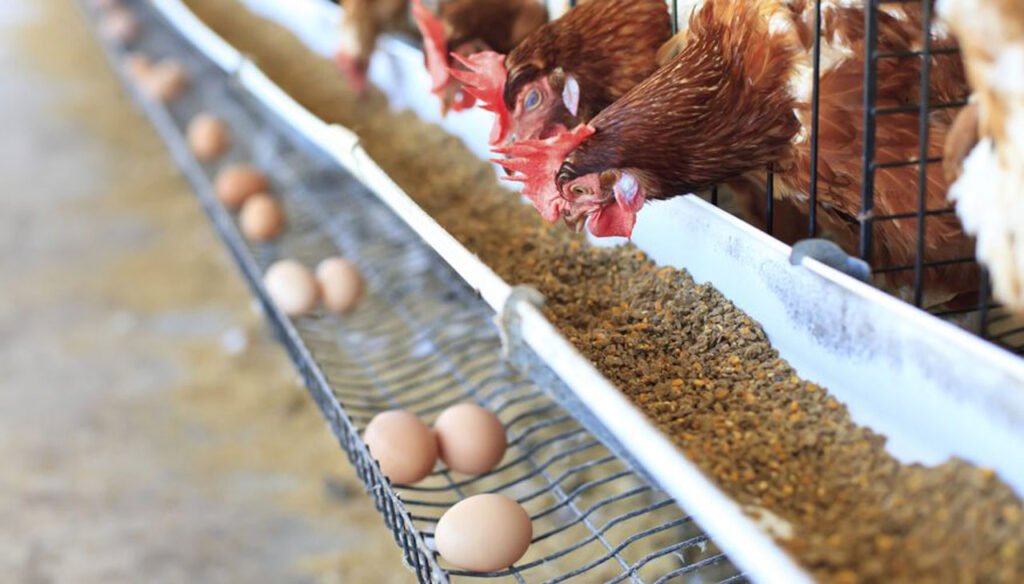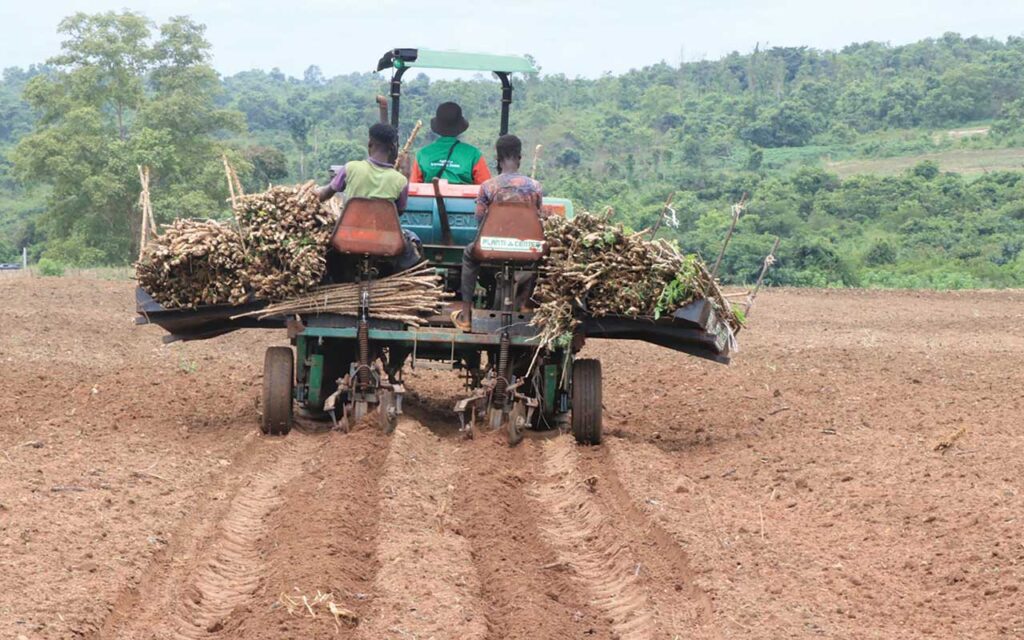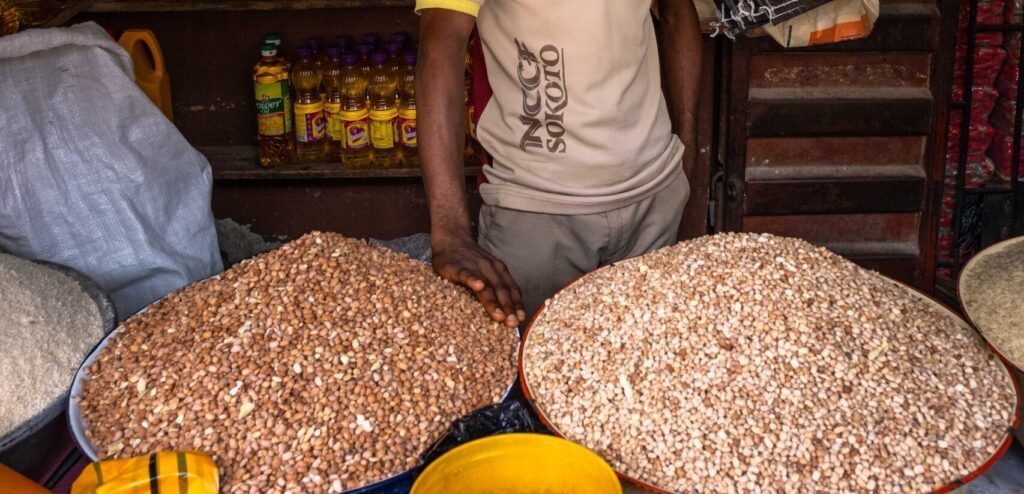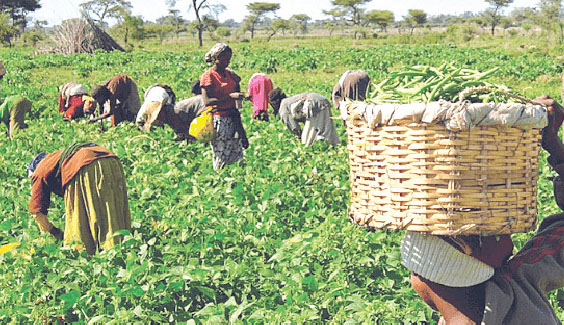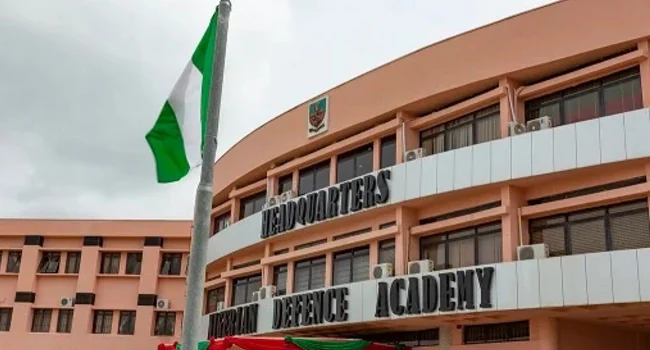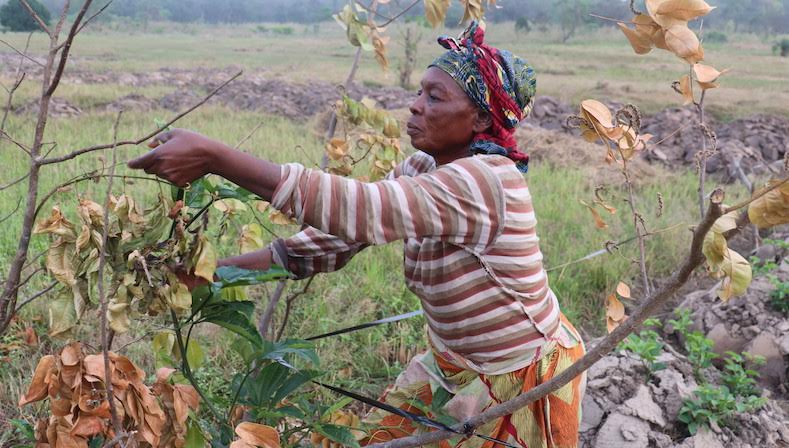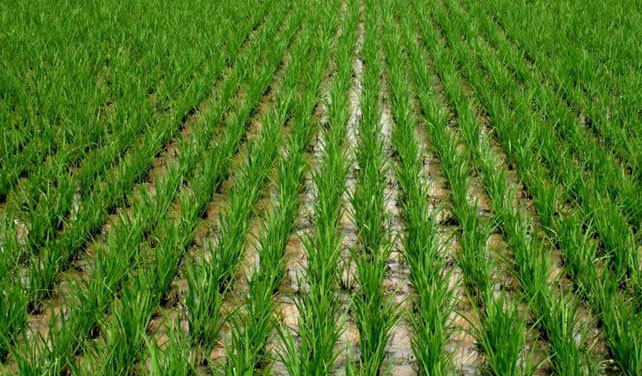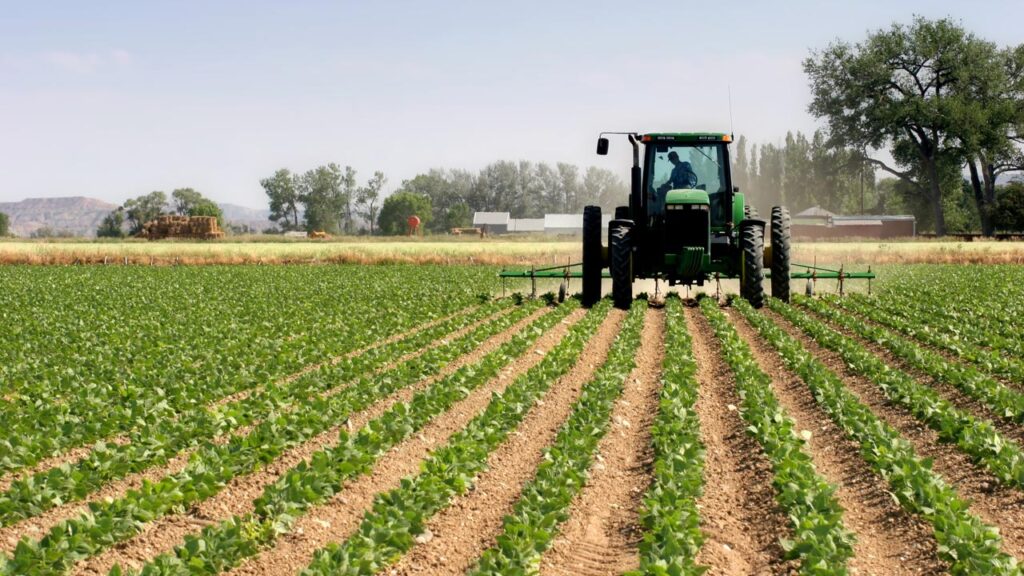
The Federal Government has been urged to evolve measures to enhance production capacity of livestock industry, by ensuring availability of sufficient feed with rich nutritional value.
This advice was given by stakeholders during the Multi-stakeholders Platform on Feed and Fodder (MSP) organised by the Federal Ministry of Agriculture and Food Security and African Union Inter African Bureau for Animal Resources (AU-IBAR) in Abuja.
According to them, enhancing livestock production capacity is crucial for both economic development and food security. The Project Lead, Resilient African Feed and Fodder Systems (RAFFS), Dr Sarah Osiya, who emphasised the vast potential within the livestock industry, said the industry presents significant opportunities for foreign investors and businesses, including dairy, meat products, nutrition-based food and produce, and technology transfers.
Driven by population growth, urbanisation and rising incomes, she noted that the demand for livestock products has increased in Nigeria and the rest of Africa, challenging producers to increase capacity to produce more milk, meat and eggs.
She explained that though farmers and agri-businesses now have opportunities to make more income due to the growth of the industry, she lamented that the industry is constrained by low productivity, largely due to shortages of quality animal feed.
The Chief Executive Officer, Hybrid Feeds Limited, Leye Alayande, emphasised the critical role played by the livestock and feed sector in supporting the livelihoods of millions of Nigerians.
He noted that as demand for livestock products continues to rise, the sector has been steadily developing, supporting the growth of domestic livestock and poultry production. This growth, according to him, has facilitated a consistent supply of feed to local farmers.
The Senior Manager, Sahel Consulting Agriculture and Nutrition Limited, Fisayo Kayode, highlighted the industry’s exploration of various interventions to tackle livestock feed shortages and improve agricultural output.
Despite these efforts, she noted that the current landscape suffers from fragmentation, lacking efficient coordination and comprehensive data, which underscores the need for more cohesive strategies and collaboration within the sector.
According to the RAFFS Focus Person in Nigeria, Mrs. Winnie Lai-Solarin, she underscored government’s collaboration with AU-IBAR’s RAFFS in implementing the National Livestock Development Plan to address the challenge of rising feed prices by enhancing fodder production.
She added that the establishment of the Multi-Stakeholders Platform (MSP) on Fodder, is aimed towards empowering more Nigerians in feed and fodder production.
Lai-Solarin, who is also the Director of Animal Husbandry Services at the Federal Ministry of Agriculture and Food Security, highlighted the government’s efforts to explore alternative feed resources for climate-smart animal feed production, including fodder production, as part of initiatives to reduce the cost of feed production.

